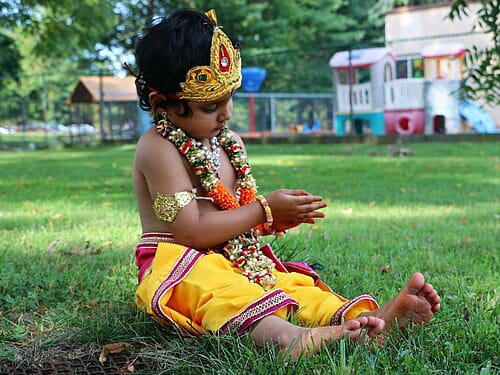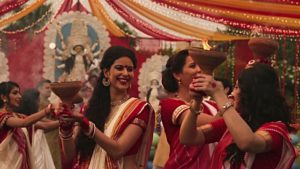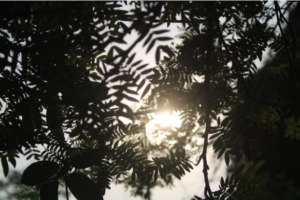Every year at midnight 12:00 am devotees celebrate Krishna’s birthday who is the eighth avatar of Lord Vishnu , this celebration later came to be known as Janmashtami . This festival usually falls in August or September, on the eighth day (Ashtami).
The history of this festival dates back to when there was a king Kansh who has a sister and according to the prophecy the 8th child of his sister is supposed to bring and to his rule and him eventually. So Kansh started killing all the children that were born from his sister but during the birth of the 8th child, sister’s husband took the child and ran away in a place called Gokul, he placed the baby in the arms of Yashoda and Nanda, exchanging him for their newborn girl. When Kansa tried to harm the girl, she transformed into the goddess Yogmaya, warning him that his destroyer was already safe.
The child grew into Krishna — the playful cowherd who stole butter, played the flute, and danced with the gopis under the moonlight. But he was also the protector of dharma, the slayer of demons, and the wise charioteer who gave the world the Bhagavad Gita.
So the world celebrates this day as a symbol of hope ,love and faith that the divine will come whenever the world needs saving.
Celebrations Across India –
“One Story, A Thousand Celebrations”
Though the story is the same, the celebrations change beautifully from one region to another — each adding its own traditions, flavors, and joy.
Mathura & Vrindavan (Uttar Pradesh) – Where It All Began
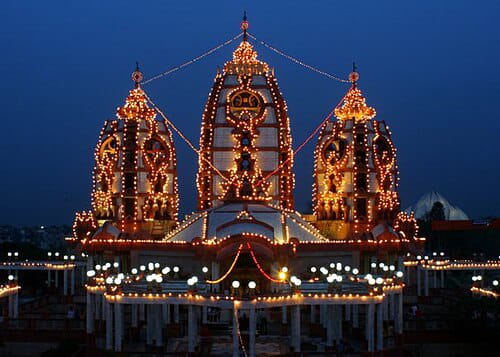
In Krishna’s birthplace, the air itself feels alive. Temples like Dwarkadhish and Banke Bihari are decorated with flowers, lights, and colorful fabrics.
Devotees fast all day, breaking it only at midnight, the sacred hour of Krishna’s birth.
Scenes from Krishna’s life, called Ras Lila, are performed in open courtyards.
The sound of bhajans, conch shells, and temple bells fills the night, while thousands gather for darshan of the newborn Krishna’s idol which is placed in a beautifully decorated cradle.
Maharashtra – The Thrill of Dahi Handi
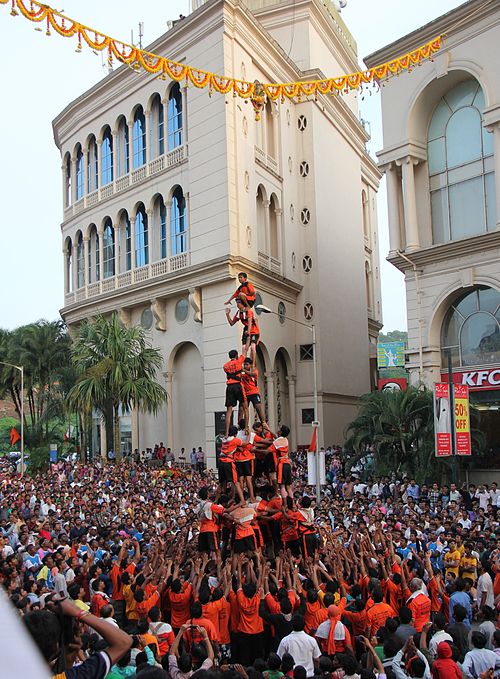
In Mumbai, Pune, and other cities, the festival takes to the streets with Dahi Handi.
Inspired by Krishna’s love for butter, an earthen pot filled with curd, butter, and sweets is hung high between buildings.Teams of young men and women form human pyramids to reach and break it, while crowds cheer.Water is splashed to make the climb slippery, adding to the excitement.
It’s not just a sport — it’s teamwork, courage, and a reminder of Krishna’s playful spirit.
Gujarat & Rajasthan – Nights Painted in Rhythm and Colour
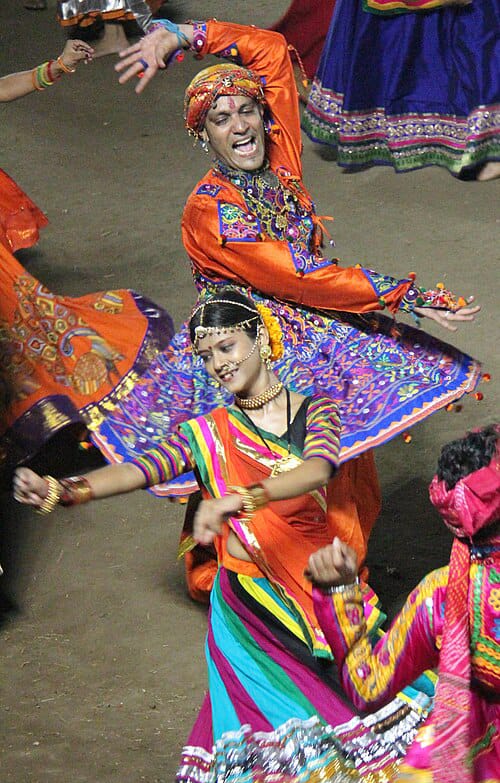
Here, Janmashtami is marked by Garba and Dandiya Raas — traditional dances that go on till sunrise.
Devotees sing folk songs telling stories of Krishna and Radha.
Women wear colorful lehengas, men in kediyu (traditional jackets), and the entire night becomes a moving, living storybook of Krishna’s life.
Odisha & West Bengal – The Holy Hymns of a Sleepless Night
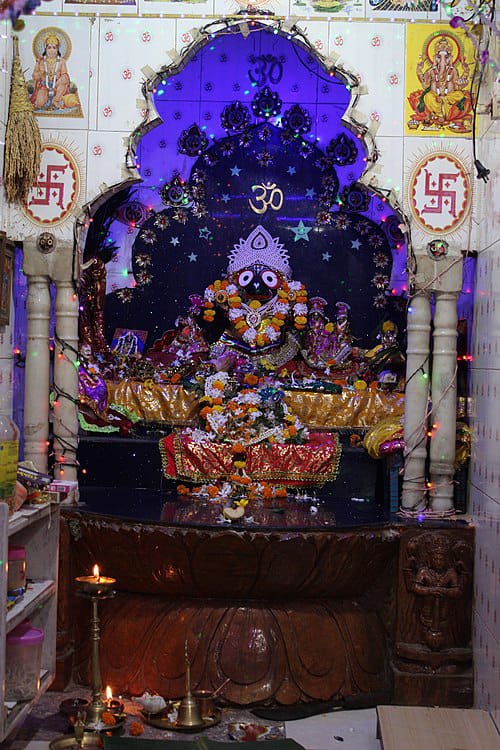
In places like Puri and Mayapur, Janmashtami merges with deep Vaishnava traditions.
Devotees chant Hare Krishna all night, read from the Bhagavata Purana, and decorate temples with peacock feathers which are considered Krishna’s favorite.
Special offerings like chhena sweets are prepared.
South
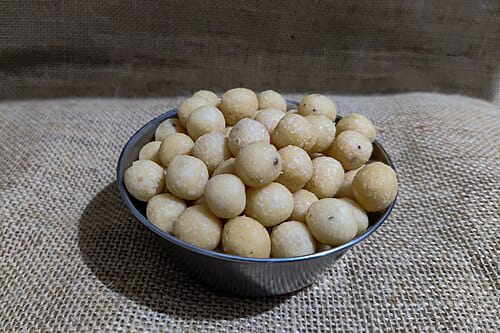
South India – Swings, Footprints, and Sweets
In Tamil Nadu, Andhra Pradesh, and Karnataka, Janmashtami feels like a celebration at home.
Tiny footprints, drawn with rice flour from the doorstep to the prayer room, symbolize baby Krishna entering the house.
Idols of Krishna are placed in flower-decorated swings (oonjal).
Special dishes like seedai and murukku are made, believed to be Krishna’s favorites.
North-East India – When Dance Whispers the Love of Radha and Krishna
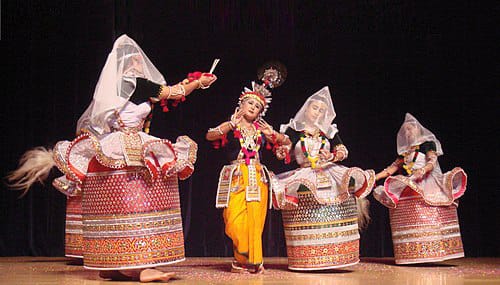
In Manipur, the Manipuri classical dance — delicate, graceful, and full of devotion — brings Radha and Krishna’s love story to life. In Assam, temples echo with bhajans, and people gather for devotional plays.
From the narrow lanes of Mathura to the beaches of Chennai, from the fields of Gujarat to the hills of Manipur, Janmashtami brings devotees who stay awake the whole night, not just to welcome Krishna, but to remind themselves that goodness, like the notes of his flute, can travel far and touch every heart.
